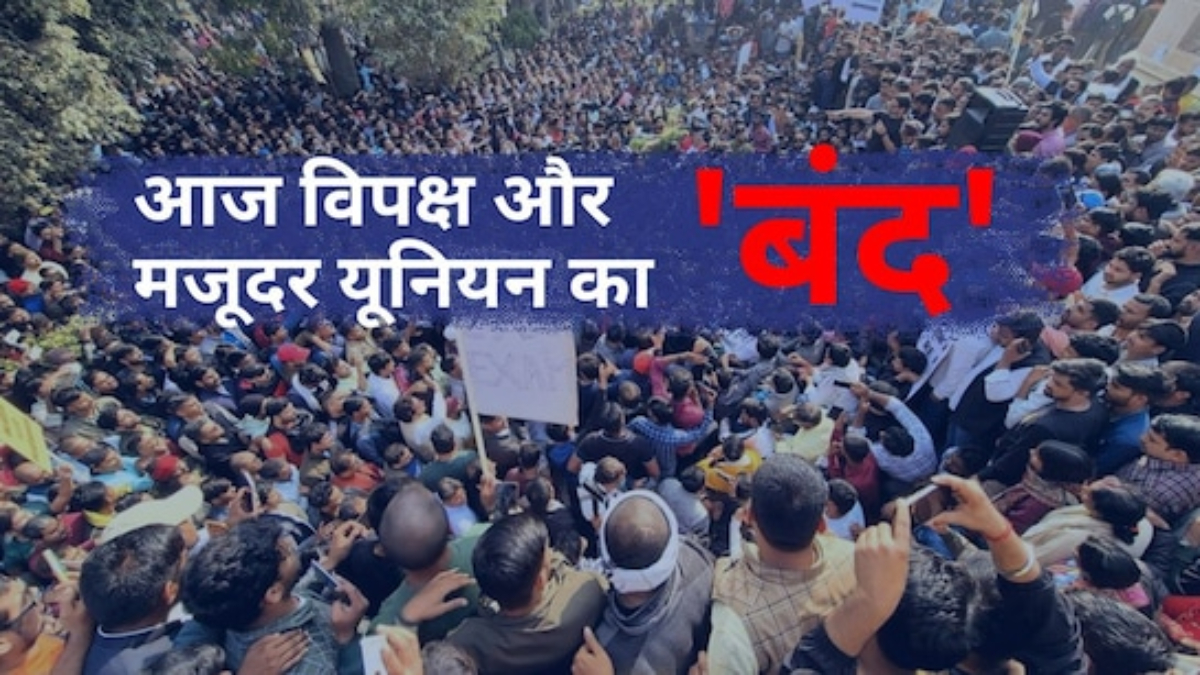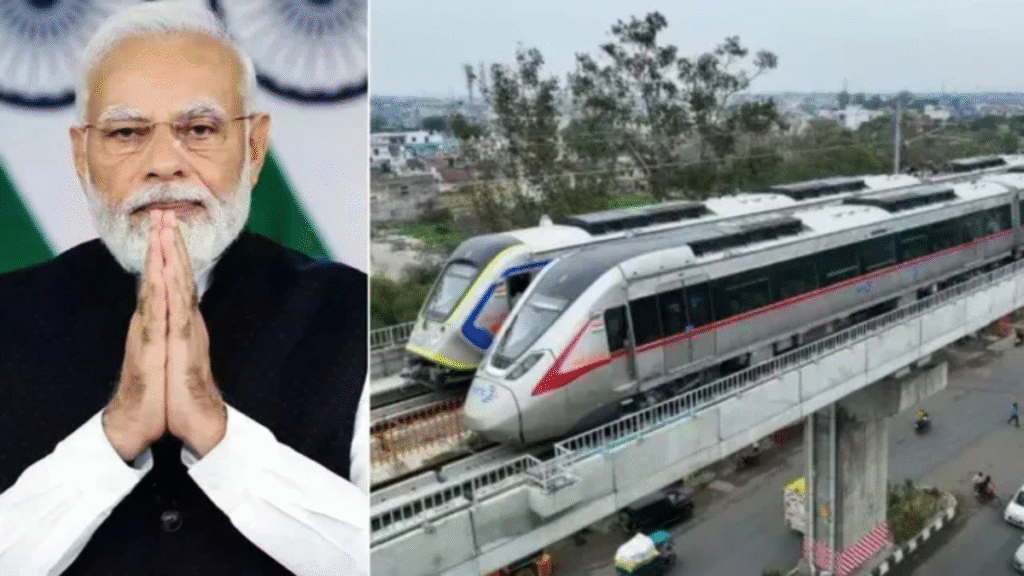Now Reading: Bharat Bandh Grips Nation: Workers Hit the Streets in Bengal, Bihar; Banking and Transport Services Severely Affected
-
01
Bharat Bandh Grips Nation: Workers Hit the Streets in Bengal, Bihar; Banking and Transport Services Severely Affected
Bharat Bandh Grips Nation: Workers Hit the Streets in Bengal, Bihar; Banking and Transport Services Severely Affected

A nationwide “Bharat Bandh” called by a joint forum of ten central trade unions, supported by various farmers’ and rural workers’ organizations, has brought significant disruptions across India today, with West Bengal and Bihar witnessing particularly strong worker participation. The strike, protesting against the central government’s “anti-worker, anti-farmer, and pro-corporate policies,” has led to widespread impact on essential services, including banking and transportation.
Strong Presence in Eastern States:
Reports from West Bengal indicate that workers, particularly from Left party trade unions, have taken to the streets in large numbers. Protests have been observed in key areas like Kolkata, where activists reportedly lit fires and blocked railway tracks at Jadavpur station. Heavy police deployment has been reported in these areas to manage the demonstrations. Similarly, in Bihar, the opposition INDIA bloc has thrown its weight behind the strike, with political leaders expected to join protests in Patna. The state is also grappling with a separate “chakka jam” (road blockade) protest over a controversial voter list revision.
Why the Nationwide Agitation?
The genesis of this massive protest lies in a 17-point charter of demands submitted by the trade unions to the Labour Minister last year, which they claim has gone unaddressed. A primary grievance is the government’s decade-long failure to convene the Indian Labour Conference, a crucial platform for dialogue on worker issues.
Furthermore, unions are vehemently opposing the four new labour codes passed by Parliament. They argue these codes are designed to weaken workers’ rights, dilute the power of trade unions, extend working hours, and effectively decriminalize employer violations of labour laws. Concerns have also been raised over increasing contractualization of jobs, privatisation of public sector units, and the government’s perceived failure to address rising unemployment, inflation, and inadequate wage growth. Farmer groups, including the Samyukt Kisan Morcha, have also joined the movement, citing worsening rural distress due to government economic policies, rising essential commodity prices, and cuts in social welfare spending.
Impact on Daily Life:
The “Bharat Bandh” has significantly impacted daily life across various sectors:
- Banking Services: While banks are not officially closed as per RBI holidays, banking operations are facing considerable disruption. Employees from public sector and cooperative banks are widely participating in the strike, leading to potential delays in branch services, cheque clearances, and customer support. The Bengal Provincial Bank Employees Association, affiliated with the All India Bank Employees Association (AIBEA), has publicly declared its support, signaling a strong impact on banking in the state.
- Transport Services: Public transport networks, including state-run buses, taxis, and app-based cabs, are experiencing significant disruptions. Road blockades and protest marches organized by unions are causing delays and limited availability of vehicles in several cities. While railway unions have not formally joined the strike, localized train delays and increased security at major transit points are anticipated due to protests near railway stations and on tracks. Air travel and metro services are generally expected to remain unaffected.
- Industrial and Postal Services: Coal mining, various industrial units, and postal services are also likely to be affected due to the large-scale participation of workers. Employees from public sector companies like NMDC Ltd and various steel and mineral companies have also joined the strike.
- Government Offices: Work in government offices and public sector units is expected to be disrupted due to staff participation in the strike.
What Remains Open:
Despite the widespread disruptions, several essential services and institutions are generally expected to remain open:
- Schools and Colleges: There has been no official directive for the closure of educational institutions. However, localized disruptions due to transport issues may affect attendance.
- Private Offices: Most private sector businesses are expected to operate as usual, though employee attendance might be impacted by commuting difficulties.
- Emergency Services: Hospitals, emergency services, internet, and mobile networks are expected to function normally.
This nationwide strike underscores the deep-seated grievances of a significant portion of India’s workforce and farming community against the current economic and labour policies. As protests continue, citizens are advised to monitor local advisories, plan their commutes accordingly, and anticipate potential delays.










